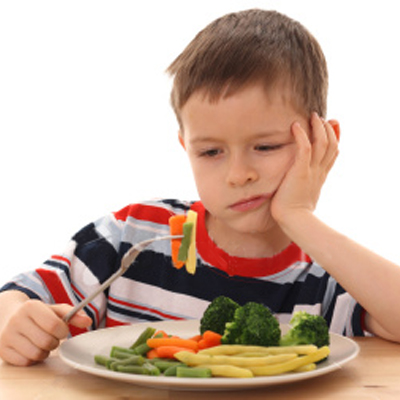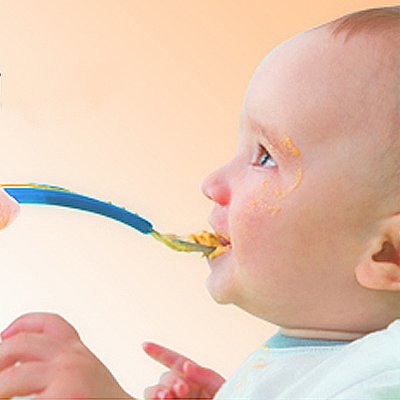Hot Topic
Ill-balanced feeding in Children
First of all, parents may try to look for psychological reasons behind their child's ill-balanced feeding. These problems are often caused by parents or housemaids, setting bad eating examples for their children which in turn the child will followed their parent's footsteps. Some family will rarely or dislike to buy certain types of food which inturn the child will also dislike those types of food. Children under their parent's nurture, tend to eat a certain food or hate certain food, a real strong sense whatever their parents like or dislike the child can imitate, often learning the behavior of their parents, virtually will affect the child for self-critical of their food choices, the passage of time to develop the habit of ill-balanced feeding. So parents when they are in front of their child is best not to express criticism of the food preferences or quality of food, they should have the attitude of relaxed and joyful mood to accept any source of food.
Nutritionists have pointed out that children are not necessarily produce ill-balanced feeding, on the contrary many tend to be ill-balanced fed child are actually chubby and fat, so parents determine whether the child have the problem should not just look at their body size. Ill-balanced feeding can start at the very beginning when baby first eating solid food, especially vegetables, fish, etc., are in light flavor, which are often unpleasent for them to chew on. A certain type of long-term lack of nutrients the body, resulting in physical function affect the normal operation and development, if the long-term do not eat certain types of food, are more likely to suffer from certain diseases that can bring serious impact. Suggested that parents try to gradually let the children experiment with different types and textures of food. Develop a regular eating habits, and avoid the child to eat snacks in the meal, so that influence appetite.
In addition to the adverse effects on the body, ill-balanced feeding in majority of children have mood swings customary problems, such as resistance to certain foods, at meals time tend to get angry easier, disgruntled and angry parents will scold their child. As time pass, these resistance of feeding can cause problems to the parent-child relationship. A psychology professor suggested that parents and children at meal times should give a little more patient and keep trying different ways to reduce the unpleasant dining experience.
Tips for Parents:
|
|





 Ill-balanced feeding in children is a very common phenomenon, which can make many parents feeling helpless and very concerning issue. Why is there such a phenomenon? Who is to responsible in the end? Parents? Or the child?
Ill-balanced feeding in children is a very common phenomenon, which can make many parents feeling helpless and very concerning issue. Why is there such a phenomenon? Who is to responsible in the end? Parents? Or the child?










